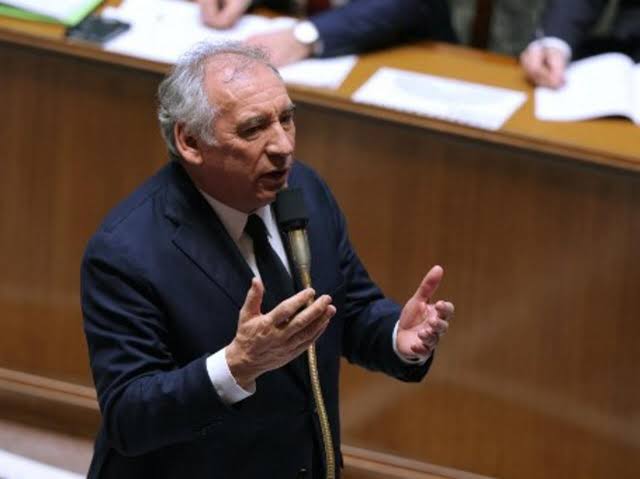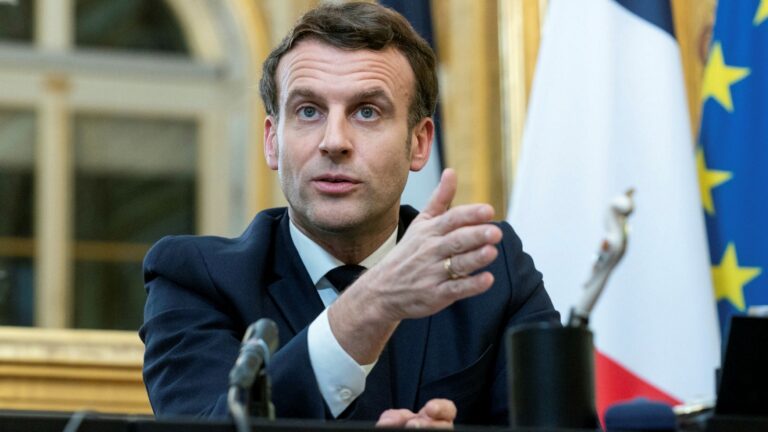
The French parliament approved the 2025 state budget on Thursday, concluding months of political instability that led to the collapse of one government and jeopardized another.
The Senate, which is predominantly composed of right and center-right members, passed the budget with a vote of 219 in favor and 107 against.
Earlier this week, Prime Minister François Bayrou managed to push the legislation through the lower house, the National Assembly, without a vote, subsequently overcoming no confidence motions that followed.
The budgetary impasse contributed to the downfall of Michel Barnier’s brief administration last year. However, Bayrou, a seasoned centrist appointed by President Emmanuel Macron to navigate the political crisis, has so far managed to avoid a similar outcome.
During the Senate session, Finance Minister Eric Lombard praised the budget’s approval, describing it as a plan for “financial recovery” aimed at reducing the public deficit to 5.4 percent of GDP by 2025.
This goal will be pursued through “an unprecedented effort” involving 30 billion euros ($31 billion) in savings and 20 billion euros in tax increases based on individuals’ capacity to contribute, he explained.
Bayrou’s administration has remained intact because the opposition, including the far-right National Rally (RN) and the Socialists (PS), did not support the no confidence motions initiated by the hard-left France Unbowed (LFI), despite their opposition to the budget.
The social security budget is expected to pass in a similar manner, with the government planning to utilize article 49.3 of the constitution, which permits it to enact legislation without a vote in the National Assembly.
Analysts suggest that while Bayrou has gained some temporary relief, his position is still precarious, and he may face further no confidence motions later in the year, potentially supported by the RN and PS.
Read our post



